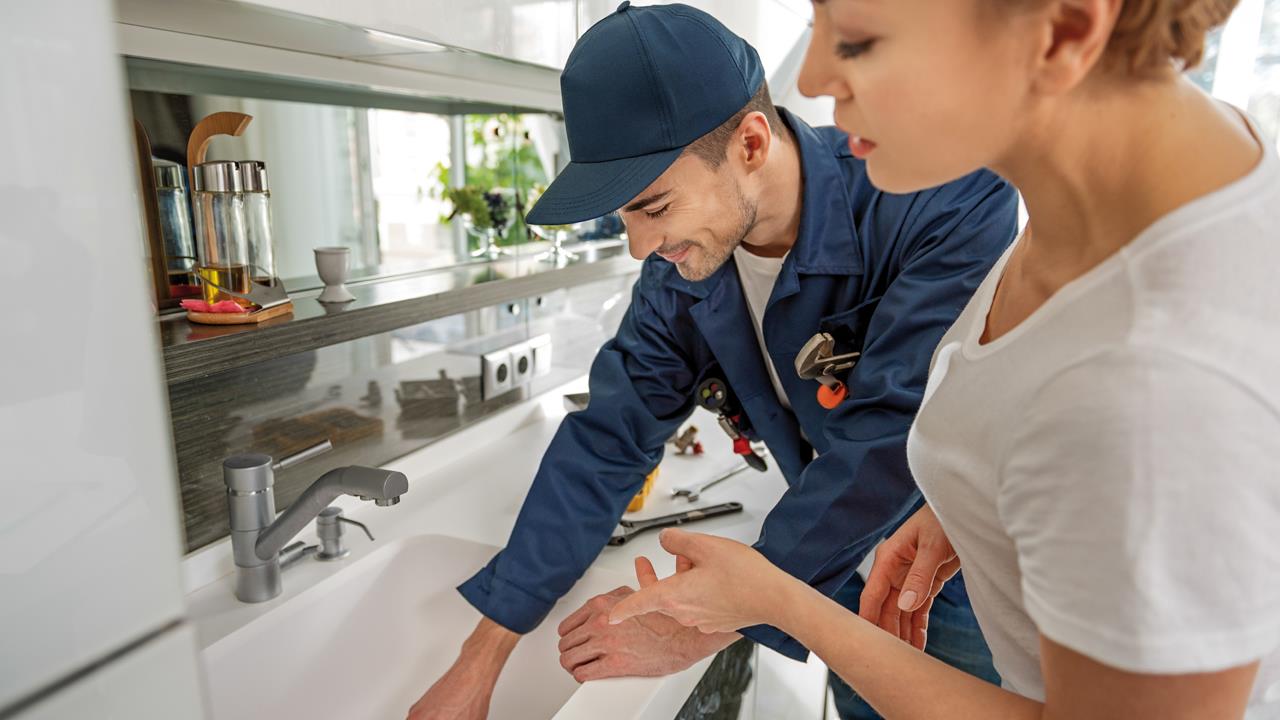


HVP Deputy Editor Tom Hogarth caught up with Mark Ronald, Lead Engineer at Hometree, to discover how the company recruits and trains its heating engineers.
At first glance, Hometree is the kind of company a lot of engineers are wary of. One of those companies where you are just another tool in the box, where you have to work long days to a punishing schedule, receiving little in return. It doesn’t take long into a conversation with Mark to realise this isn’t the case.
He explains how every sub-contracted Hometree engineer is carefully selected for the company, to ensure they fit in with the values of customer service, attention to detail, and passion for the job that Mark prides himself on having.
Whether they are referred by an existing engineer, or invited along to an assessment day by the company, each engineer first undertakes a written test devised by Mark, one designed to test practical knowledge and problem solving above all else.
He said: “When you go to Gas Safe, it’s a very formal test, which often confuses and worries engineers. I wanted a test that didn’t mean you had to know every regulation without looking it up, but shows you know how to install a boiler, or what happens if a certain thing occurs.
“Common practices; if you had an air lock, or a gas leak etc. It’s the basic stuff that every gas engineer should know to pass their exams, but focused on the bits that could crop up.”
Candidates who successfully pass this exam are then interviewed by Mark to discover if they fit into the Hometree ethos, and prioritise the kind of values that Mark insists are vital to the business as a whole.
As he says, they don’t want ‘mercenaries’ and they don’t want ‘house bashers’, but instead prioritise the kind of installers who will look after their customers.
“If you treat the customer as your family, they’re always going to come to you. If you treat an engineer like your family, they’re always going to work their hardest for you,” Mark said.
“If you do everything you can for the engineer, there’s a bond or mutual respect you get for each other. Which means that if something runs over, for example, they don’t mind staying for a couple of extra hours, because they know that we will support them in every way.”
Mark’s role at Hometree has expanded quickly, from his beginnings as a small contractor helping to survey jobs before passing them onto engineers, to his current responsibility as the main liaison for all of the company’s 130-plus tradespeople, filling in where the need arises, but primarily providing support, advice, and training.
While the onus is on the individual engineer to be at the top of their game, and stay up to date on training and legislation as the industry develops, Mark plays a large role in the training and development of engineers within the Hometree family.
He helps engineers solve problems and learn solutions on a day-to-day basis, on the ground with customers.
In addition, Mark has one eye towards the future needs of these installers and the company itself. For example, he’s currently developing an electrical training programme, which he says is an area many gas engineers are lacking knowledge in. It was one he felt very unfamiliar with when he was working as a self-employed installer, having to take extra measures to feel confident enough to help his customers.
By delivering this one or half-day training supplement for free to Hometree engineers, Mark says he can help them round out their skills, and be more confident with customers. He said: “Knowledge is power. If you know what you’re talking about then, when you’re dealing with customers or going for jobs, it means you come across better and you can engage with the customer and put them at ease.
“If you don’t know, and you can’t answer their questions, you can worry them a bit.”
Mark’s advice for engineers dealing with customers mirrors his own approach to dealing with the team of sub-contracted Hometree engineers: “Make every customer count. It doesn’t matter if it’s to change a ball valve or install an entire central heating system.
“Make every customer feel special and the sole purpose of your visit. Be transparent, treat the customer right and then they’ll feel special, they’ll know that they can trust you. If they can trust you, you have their business for life.”
If you'd like to keep up-to-date with the latest developments in the heating and plumbing industry, why not subscribe to our weekly newsletters? Just click the button below and you can ensure all the latest industry news and new product information lands in your inbox every week.